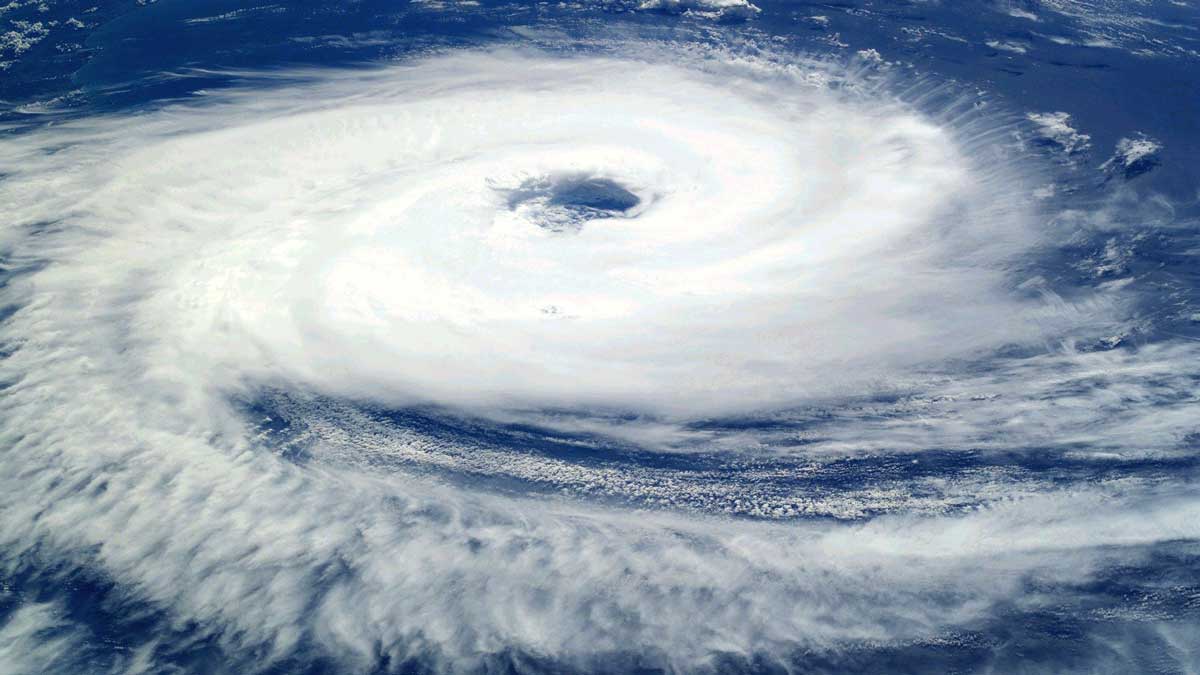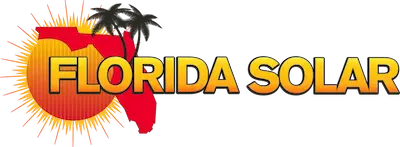What to Know Before the Storm

Much like all outdoor equipment, solar panels are subject to the changing weather. Depending upon where you live, your panels may experience heavy rain, high winds, or even hail. Hurricanes are nature’s wildest storms, with winds reaching 160 miles per hour or higher, and the threat of catastrophic damage from these storms can be staggering. For that reason, places that are most prone to the threat of hurricanes like municipalities in Florida and Texas, require solar installations to withstand these heavy winds. By setting a high standard, homeowners can have the peace of mind that their solar project is planned with hurricanes and high winds in mind. In this article, we’ll examine how solar panel systems stand up to intense weather conditions, and what government organizations and industry groups are doing to improve their products and protect consumers from weather-related solar panel damage.
Solar Panels are Built Tough
As a whole, solar panels are durable and hold up very well in inclement weather. A report from the National Renewable Energy Laboratory (NREL) on 50,000 solar energy systems installed between 2009 and 2013 indicates that only 0.1% of all PV systems have been reported as affected by damaged or underperforming modules each year.
Solar panels are like any other product. The good ones are built to last, while the cheap ones can be pretty flimsy. The result of higher-build and resiliency standards has been proven methods for installation that can withstand high wind speeds and keep solar panels in place, even during the worst storms. These methods include, among other things, mounting panels in place using heavy bolts screwed directly in roof beams. This greatly helps keep panels in place, and significantly reduces the risk of panels tearing pieces of roofs from homes.
Solar panels are also built to withstand the barrage of heavy rain or hail that accompanies a hurricane’s winds. Additionally, the aluminum and glass casings that hold solar cells are highly waterproof, even in the most extreme conditions.
Beyond the build quality of products, the solar industry has a vested interest in ensuring its products are designed to last. For that reason, there are numerous organizations within the industry working to make solar panels more durable and resilient, while keeping costs at a minimum. One such group, the Office of Energy Efficiency and Renewable Energy’s Solar Energy Technologies Office, has worked for nearly a decade on research, development, and implementation of improved solar technologies — including weather resiliency.
In fact, a look back at some of our nation’s most catastrophic storms in recent history illustrates this point well.
New Jersey has one of the highest concentrations of single-family homes with solar panels in the country. So, when Hurricane Sandy barreled toward the Jersey Shore in 2012, thousands of solar customers in the area understandably prepared for the worst.
Although this region saw devastation on an unprecedented scale, most of the state’s solar panels were unaffected – only a very small number of solar panels sustained damage.
Most solar panels even withstood the havoc Hurricane Maria caused in Puerto Rico in 2017. The massive storm slammed into the island with winds exceeding 150 miles per hour.
But when it was all over, a veterans affairs (VA) hospital with a large 645-kW solar system was left operating at 100 percent – in San Juan, one of the most heavily affected areas.
Solar panels are one of the most durable and reliable energy technologies in the world, and industry efforts mean that they are becoming more resistant to severe weather damage every day. Installing a home solar energy system ensures that your home can produce its own power, even during severe weather events. Much like other home improvement projects, the more you are willing to invest in quality from the start, the better return you’ll get on that investment. While solar panels are built to withstand the worst that Mother Nature can throw at them, opting for low-quality panels from inexperienced installers can result in increased risks of damage when storms come your way.
If you’re interested in learning more about how durable and safe solar can be during a hurricane or other extreme weather event please contact us anytime at 727-300-1515 or sales@floridasolar.solar.
